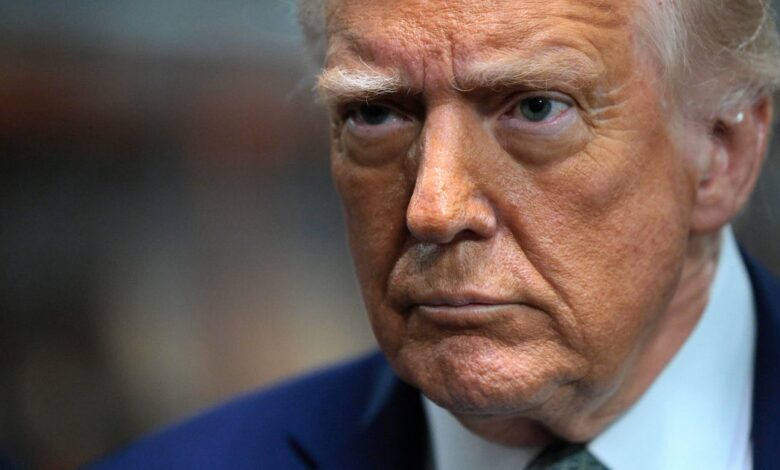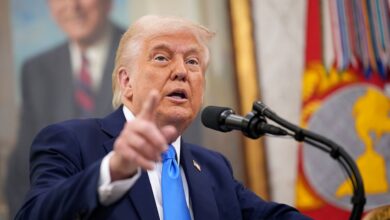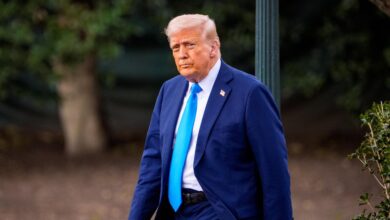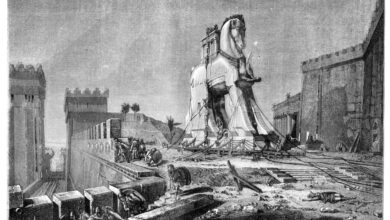Trump announces 25% tariffs on foreign-made cars

President Trump announced on Wednesday his decision to impose a 25% tariff on automobiles and light trucks imported into the United States. This move is part of the administration’s strategy to support domestic manufacturers and spur economic growth. The president emphasized that the new tariffs, which will take effect on April 2, will only apply to imported vehicles, while those manufactured in the U.S. will be exempt from the duty.
According to Mr. Trump, the auto tariffs could generate between $600 billion and $1 trillion in revenue for the U.S. over the next two years. This revenue, he stated, will be used to reduce the national debt and potentially lower taxes for Americans. White House staff secretary Will Scharf offered a more conservative estimate of around $100 billion in revenue from the new tariffs.
In addition to the tariffs, President Trump proposed making interest paid on auto loans tax deductible, but this deduction would only apply to cars made in the U.S. The impact of this tax deduction would primarily benefit high-income Americans, as most taxpayers opt for the standard deduction.
The automotive industry reacted swiftly to the announcement, with shares of major U.S. automakers like Ford, General Motors, and Stellantis declining. Tesla, which has faced challenges this year, also saw a drop in its stock price. Industry groups like the American Automotive Policy Council expressed support for President Trump’s vision of boosting domestic production and jobs in the auto sector.
However, experts caution that the new tariffs could lead to higher car prices, potentially increasing costs for consumers and dampening economic growth. With the U.S. still reliant on imports for parts and finished vehicles, the tariffs could disrupt supply chains and strain relationships with key trading partners such as Canada, Mexico, Japan, and Europe.
While some groups endorse the new auto tariffs as a way to revitalize American manufacturing, others warn of potential job losses and reduced consumer confidence. The long-term impact of these tariffs remains uncertain, with analysts predicting both benefits and challenges for the U.S. auto industry.
In conclusion, President Trump’s decision to impose auto tariffs marks a significant shift in U.S. trade policy and could have far-reaching implications for the economy. As the automotive sector navigates these changes, stakeholders will need to adapt to a new trade landscape and explore opportunities for growth and innovation.





